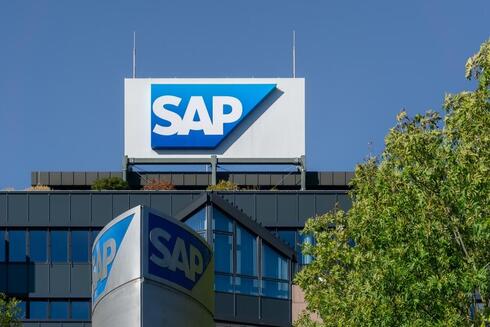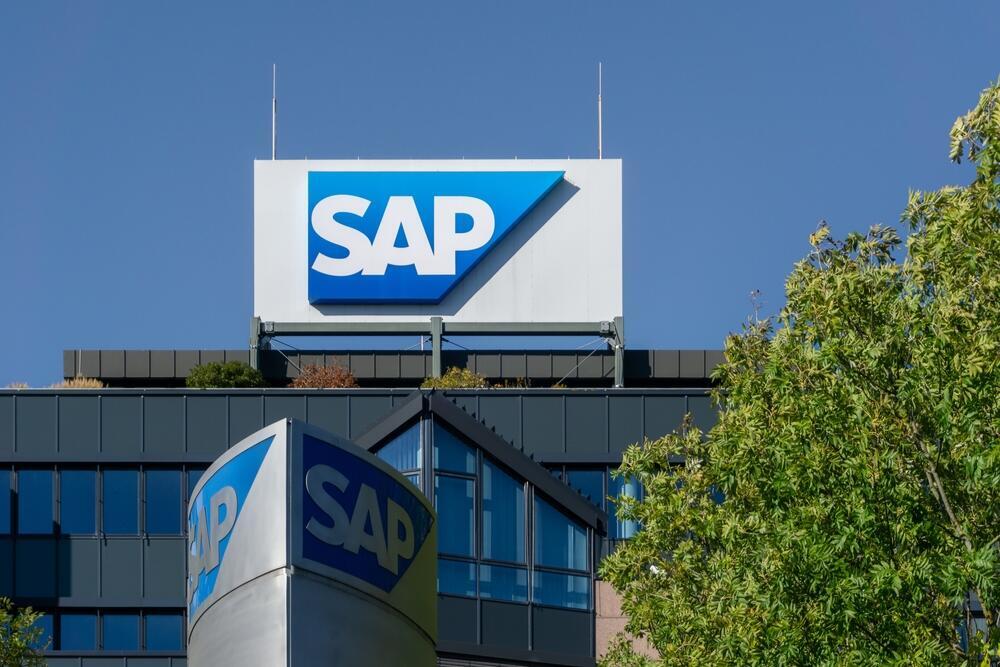
Employee concerns, investor pressure, and security woes: WalkMe's exit is no celebration
The enterprise digitization solutions company is being acquired by the German giant SAP for $1.5 billion, far below its 2021 IPO value. After the completion of the transaction, it is uncertain if SAP will maintain WalkMe's inflated workforce of 1,000 employees
In the dramatic reality where Israel appears to be a step away from starting a full-scale war in the north, the exit train continues to move forward. After the sale of Priority to Blackstone at a value of $800 million, and BioCatch at a value of $1.3 billion to the Permira fund in May, it is now WalkMe's turn.
Although this is a less exciting deal, the software company is being sold for $1.5 billion to the German company SAP, after being issued on Nasdaq three years ago at a value of $2.6 billion while raising $300 million. In practice its operations have been valued at $1.2 billion as it still has the $300 million it raised three years ago in its account.
SAP will pay $14 in cash per share of WalkMe—40% less than the value at which the company was issued. Since the peak of the hype on Wall Street in mid-2021, the stock has mainly experienced declines and sparse trading. On Tuesday, the eve of the transaction announcement, it closed at a value of approximately $890 million, and the exit reflects a 45% premium on the last value. On Wednesday, with the announcement of the deal, WalkMe's stock jumped 42% to a value of $1.26 billion. The deal is expected to close in the third quarter of this year, and the gap between the value in the deal and the current market value stems from uncertainty regarding the completion of the move. This time, it seems that the risks of non-closure are higher than ever, given the geopolitical tensions. Unusually for announcements of this type, WalkMe and SAP refused to answer journalists' questions yesterday, mainly regarding the future of WalkMe's many employees—some would say too many. The SAP announcement also does not reference the continuation of co-founder and CEO Dan Adika after the merger.
SAP has been active in the Israeli M&A market since the 1980s, with the purchase of Ofek-Tech in 1988. The German giant, which currently trades at a value of 230 billion euros, close to an all-time high, employs 900 people in its Israeli development center, based on 10 additional acquisitions it has made since then. WalkMe is the 12th and largest acquisition so far. This is also not the first time that SAP, one of the largest information systems companies in the world, has increased exposure to Israel during a period of security uncertainty. Its biggest deal so far was the purchase of TopTier, founded by the young Shai Agassi with his father, for $400 million in 2001, when the second intifada was already in the air. After the deal, Agassi advanced to one of the senior positions at SAP, as director of product and technology operations, and retired in 2007 after not being appointed CEO of the German giant, even though he saw himself as the leading candidate. Even now, there is a senior Israeli official at SAP, which likely contributes to making a purchase in Israel during such an extreme period of uncertainty, Gadi Krumholz, VP, Corporate Development EMEA and APAC.
The State of Israel will not benefit from the deal, and most of the beneficiaries of the exit are foreign venture capital funds. Adika, who still owns 3.8% of the shares, will receive $57 million in cash before tax, and the Israeli venture capital fund Gemini also still holds 8.5% of WalkMe, with the rest of the beneficiaries being American funds.
The largest shareholder is Insight Partners, which held 26.4% of the shares at the end of 2023. Insight first entered the investment in the round it led in 2016 at a value of $400 million. The StepStone fund owns 11%, which it received in the sale of the portfolio of the Israeli venture capital fund Giza. The venture capital fund Scale Venture owns 10.3%, and the Mangrove fund, which led the Seed round, owns 6.5%. However, there are also losers—primarily the investors who bought WalkMe shares close to the IPO, as the shares have mostly declined since then.
Another loser is the Vitruvian investment fund, which will record a negative return on its investment in the company after leading the last private fundraising round in 2019 at a value of $1.9 billion.
It is likely that the shareholders who invested in the early stages are the ones who pushed WalkMe to sell after being "stuck" with the stock without an exit horizon for three years. WalkMe is a relatively old company compared to the unicorns that flocked to Wall Street in 2021. Adika founded it with Rafael Sweary in 2011 as a company for the development of organizational solutions that help in the adoption of new technologies and the transition to digitalization.
Its product is a kind of explorer that guides employees through the technologies used in the organization. WalkMe has more than 2,000 clients, including giant entities such as IBM, Nestlé, and the US Department of Defense. Last year, the company decided to focus on large corporations and give up on smaller organizations—a move that also resulted in two rounds of layoffs. The last one was about a year ago when it let go of 112 employees, 10% of the workforce. Earlier, it fired 43 employees, and Sweary retired from the position of president and remained only a director. Adika, who also served as chairman, remains the CEO.
After the changes, WalkMe did reduce its cash burn, but it did not grow—certainly not at the pace expected of a new company on Wall Street. It finished 2023 with 9% growth, reaching revenues of $267 million, and created a positive cash flow of $11 million for the first time. Although the loss was reduced by almost half, it was still $57 million. Since the IPO, WalkMe has recorded accumulated losses of about a quarter of a billion dollars. After completing the process of focusing on larger customers, WalkMe presented a slower growth rate of 4% in the first quarter of this year, with revenues of $69 million. The company is still losing money and recorded an operating loss of $8 million, an improvement over a loss of $25 million. At the end of March, it held $339 million in cash, which SAP will receive as part of the transaction.
One of the reasons for the high losses is the large workforce—about 1,000 people after the cuts. This is a very low ratio of income to employee, so it seems that many of them will not stay after the deal is completed. WalkMe employs 400 people in Israel—most of them in development, and it is likely they will continue their work. However, WalkMe's employees abroad are in danger, as SAP is mainly interested in the technological side of the acquisition. WalkMe's revenues and losses are not material for the giant that sells at a rate of $30 billion a year. WalkMe and SAP have been cooperating for a long time, and there is familiarity between their teams and an understanding of WalkMe's product.
The purchase of WalkMe comes after SAP purchased two companies with a similar profile in recent years—Signavio and Leanix, each for about a billion dollars. Like WalkMe, they help organizations speed up the transition to modernization, a critical task since the introduction of the cloud and, even more so, the breakthrough of generative artificial intelligence into everyday life. WalkMe recently launched a co-pilot for this, and SAP wants to save the independent development time. The 900 employees of SAP's Israeli development center are split between Ra'anana and Tel Aviv, based on the company's acquisitions in Israel. It is not yet clear whether all of WalkMe's Israeli employees will join the SAP development center; if so, it would be a 50% jump in the local workforce.















